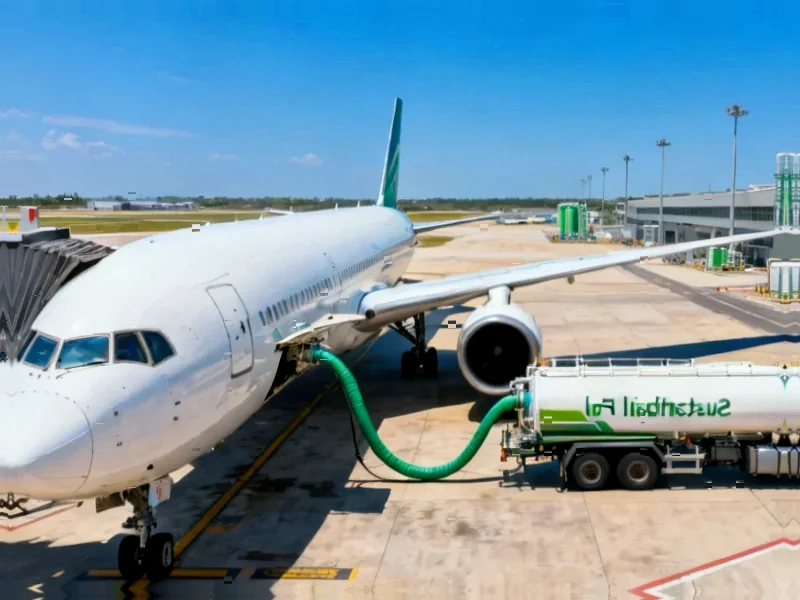According to Semiconductor Today, III-V Epi Ltd of Glasgow, Scotland has appointed semiconductor fabrication specialist Saurabh Kumar to strengthen its epitaxial engineering team and increase manufacturing capacity. Kumar joins from Paragraf in Cambridgeshire, where he served as process engineering team lead and established yield engineering frameworks at their Somersham and Huntingdon fabrication sites. His extensive background includes senior process engineering roles at Huawei’s Ipswich Research Centre and management of Nexperia’s high-volume silicon fabrication facility in Manchester. The appointment comes as III-V Epi faces growing demand for its molecular beam epitaxy and metal-organic chemical vapor deposition services for custom compound semiconductor wafer design, manufacturing, test and characterization.
Meeting the Compound Semiconductor Boom
The timing of this appointment speaks volumes about the current state of the compound semiconductor market. We’re seeing unprecedented demand for specialized III-V materials driven by multiple converging trends: the rollout of 5G infrastructure requiring gallium nitride (GaN) power amplifiers, the electric vehicle revolution demanding more efficient power electronics, and the photonics industry’s expansion into lidar and optical communications. Companies like III-V Epi that provide custom epitaxial services are positioned at a critical junction in the semiconductor supply chain, serving customers who need specialized materials but lack the capital investment for their own MBE or MOCVD capabilities.
The Specialization Trend in Semiconductor Manufacturing
Kumar’s move from a graphene specialist like Paragraf to a broader compound semiconductor foundry reflects a broader industry trend toward specialized manufacturing expertise becoming increasingly valuable across multiple material systems. His experience spans traditional silicon at Nexperia, emerging 2D materials at Paragraf, and now compound semiconductors at III-V Epi. This cross-pollination of expertise is becoming essential as the semiconductor industry fragments into specialized material domains while maintaining common fabrication principles. Companies that can leverage this diverse experience gain competitive advantages in process optimization and yield improvement.
Manufacturing Capacity as Strategic Advantage
The explicit mention of increasing manufacturing capacity suggests III-V Epi is preparing for significant growth. In the compound semiconductor space, capacity constraints have historically limited market expansion more than technological barriers. The ability to scale production while maintaining the extreme purity and precision required for epitaxial growth represents a substantial competitive moat. For customers in sectors like defense, aerospace, and telecommunications, reliable access to high-quality compound semiconductor wafers can mean the difference between product launches and project delays.
Consolidation of Specialized Talent
This appointment also highlights the ongoing consolidation of specialized semiconductor talent into smaller, focused companies. While large semiconductor manufacturers continue to dominate mainstream silicon production, the compound semiconductor space remains fragmented with numerous specialized players. The movement of experienced professionals like Kumar from larger organizations to specialized foundries suggests these smaller companies are maturing and professionalizing their operations to compete for major contracts. This talent migration could signal an impending wave of consolidation in the specialized semiconductor manufacturing sector as companies build out their executive and technical leadership teams.
Global Supply Chain Considerations
From a geopolitical perspective, the strengthening of European compound semiconductor capabilities through appointments like Kumar’s contributes to regional supply chain resilience. With growing concerns about semiconductor supply chain security, particularly for specialized materials used in defense and critical infrastructure, investments in European semiconductor expertise take on added significance. III-V Epi’s Glasgow location positions it within a growing UK semiconductor ecosystem that includes compound semiconductor clusters in South Wales and emerging photonics hubs across Scotland.




